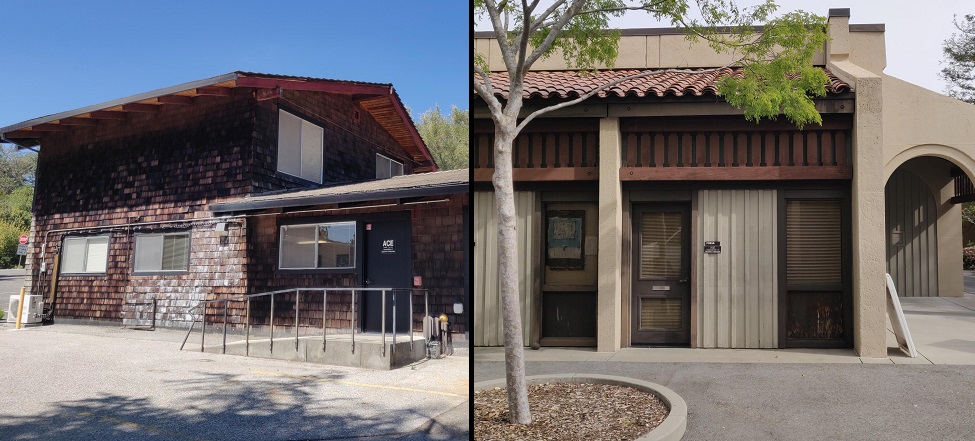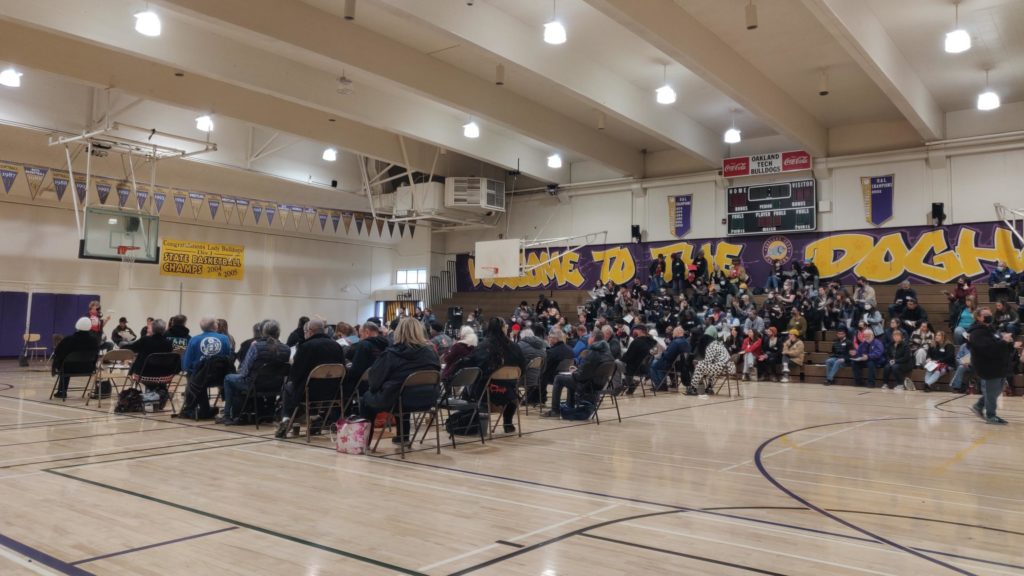ACE Members,
President’s Message
Each month there are two days when we can see our employer’s high level actions; (1)the day we receive our paystubs and (2)the day the board of trustees agenda is released. This month I’ve been hearing from members that there has been an effort to properly pay some employees for working within their agreed upon classifications and repay some for unpaid wages due per our agreement – progress is appreciated. If you have submitted a request for accommodation, working out of classification form, reclassification form, claim, grievance, or are due retroactive pay, reach out to and let me know – we keep a running list and check in with human resources management regularly for status updates. I get the sense that there is an effort to resolve everyone’s items prior to the end of the fiscal year and before the June board of trustees meeting.
ACE continues to review legal actions and organizing actions we can undertake to put an end to wage theft (LINK.) Getting out of the business of retroactive payments would be welcomed. ACE understands there are circumstances when it is unavoidable to have a couple months payment due because of business processes and deadlines, but receiving accurate regular pay is crucial for the majority of us. Proof of income is necessary to survive in an area where living costs so much. The lack of those wages impacts food choices, the ability to obtain housing, care for a dependent, maintain a vehicle, take a pet to the vet, and can cause credit problems that can fester for a long time. The less we have to be concerned about sustaining ourselves, the more we can focus our energy on supporting the success of the district.
As of this message we are still waiting for the board of trustees agenda to be published. In an upcoming message we’ll highlight items of importance.
“Where Are you Scott?” 🧐
ACE offices are located at Foothill in building D140 (near the tennis courts) and at De Anza in the Forum building, office 5A (near the main gym.) I split time between both locations depending on need, in addition to sometimes working from home (such as today when my allergies are out of control 🤧.) On days with scheduled site meetings, I’m at that respective location for the entirety of the day to answer questions. In May we hope to start a hybrid site meeting format. ACE board meetings will continue to be accessible via Zoom.

Stewards also have access to these private offices. Best practice is to schedule time in advance if you would like to meet with me or a steward. Not only does the lead time allow us to be in the right place, but we can research a topic prior to meeting with you. Contact information for all ACE representatives is kept up-to-date on our website. We all strive to meet the needs of members and respond as quickly as possible.
Chancellor Candidate Open Forums 🏢
We highly encourage you to read more about each finalist (LINK) and participate in upcoming open forums:
- May 1st @ 1pm – Lee Lambert Open Forum (Zoom Link)
- May 2nd @ 1pm – Farouk Dey Open Forum (Zoom Link)
- May 3rd @ 1pm – Rowena Tomaneng Open Forum (Zoom Link)
- May 4th @ 1pm – Richard Storti Open Forum (Zoom Link)
- Open forums also in-person at the district board room in the D700 building.
What are their thoughts on classified professionals?
What kind of culture would they bring to management?
What are their views on labor unions?
What challenges do they see in the student centered funding formula and how can the district potentially respond to them?
Find out by attending the meetings.
Upcoming Events 📅
Worker’s Memorial Day, April 28th
- Online Remembrance (LINK)
More background – (Wikipedia Link)
International Worker’s Day / May Day, May 1st starting at 3pm
- Roosevelt Park
901 E Santa Clara Street, San Jose
@Angelica Esquivel is organizing a group of students from De Anza to attend. If you’re able, employee support means a lot 🫶
Free eWaste Recycling Event, May 6th from 9am-12pm (LINK)
- The Tech Interactive
201 South Market StreetSan Jose, CA, 95113
@Andre Meggerson serves on the Trash Punx board 🤘
In Solidarity,
Scott Olsen (he/him) | ACE President
https://acefhda.org | scott.olsen@acefhda.org
650-949-7789 | M-F 8:00am-5:00pm

